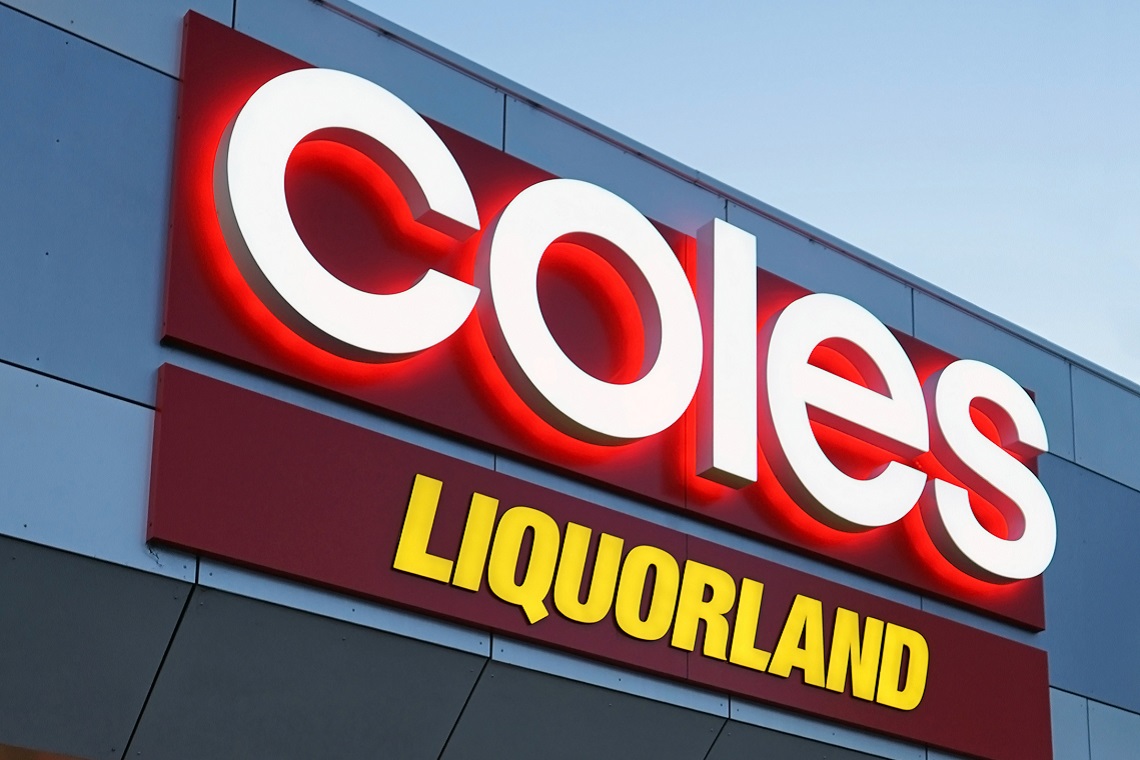Coles Liquor has reported another strong year of growth with increases in sales revenue and earnings before interest and tax (EBIT) increasing by 1.9 per cent and 8.4 per cent respectively.
Liquor sales revenue was $3.1bn for the year with comparable sales growth of 1.2 per cent. For the fourth quarter, Liquor sales revenue increased by 2.2 per cent and comparable sales growth was 1.5 per cent, private label sales and the roll-out of the new format of First Choice Liquor Market (FCLM) have helped drive the result.
In its results announcement, Coles said: “Liquorland continued to grow during the year, albeit at a lower rate as its renewal program neared completion. FY20 will see the commencement of the next evolution of the Liquorland renewal program.
“The refreshed FCLM format is generating some early wins, with sales performance being ahead of the rest of the fleet. Progress has been made in developing a Vintage Cellars trial store concept which will commence the renewal program for Vintage Cellars, expected to launch in the first half of FY20.
“At the end of the year, 23 Liquorland and 29 FCLM conversions were completed.
“Across all banners, Exclusive Liquor Brand (ELB) sales in the wine category continue to be strong with ELB sales growth more than double the rate of the rest of the Liquor business. There were 64 new Exclusive Liquor Brand lines launched and a total of 189 medals and awards received over the year.
“Gross margin increased by 41 bps to 22.3 per cent due to margin improvements from Exclusive Liquor Brands and improved supplier collaboration.”
In terms of its store network, 27 new stores (all Liquorland) opened and 16 stores (one FCLM, two Vintage Cellars and 13 Liquorland) closed, resulting in a total of 910 Liquor sites at the end of the year.
Speaking about the pub business, CEO Steven Cain said: “We entered into a joint venture with Australian Venue Co in relation to our hotel and retail business in Queensland, that will enable us to focus on liquor retailing and give us more growth opportunities in that state as they invest in hotels up there.”
Overall group sales revenue (excluding fuel and hotels) increased by 3.1 per cent to $35bn, however Group EBIT (excluding Hotels and significant items) declined by 8.1 per cent to $1.3bn driven by lower Express fuel volumes, corporate costs associated with being a standalone ASX company and one-off demerger costs.

